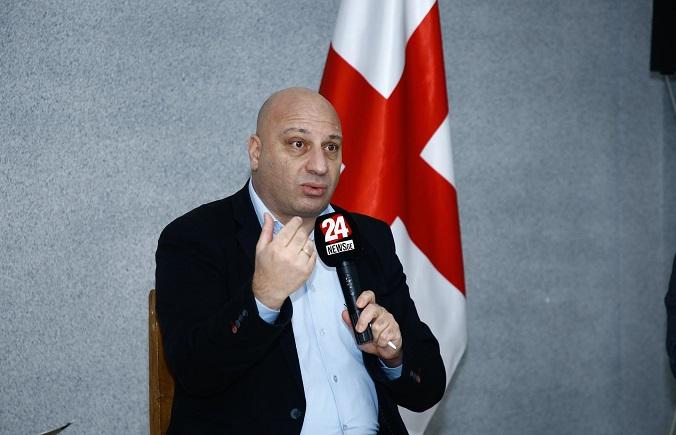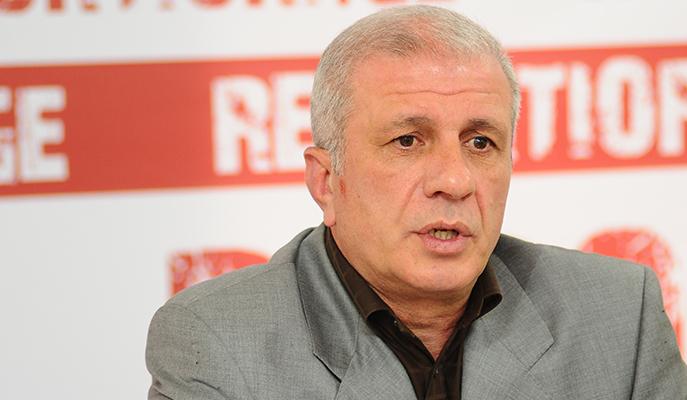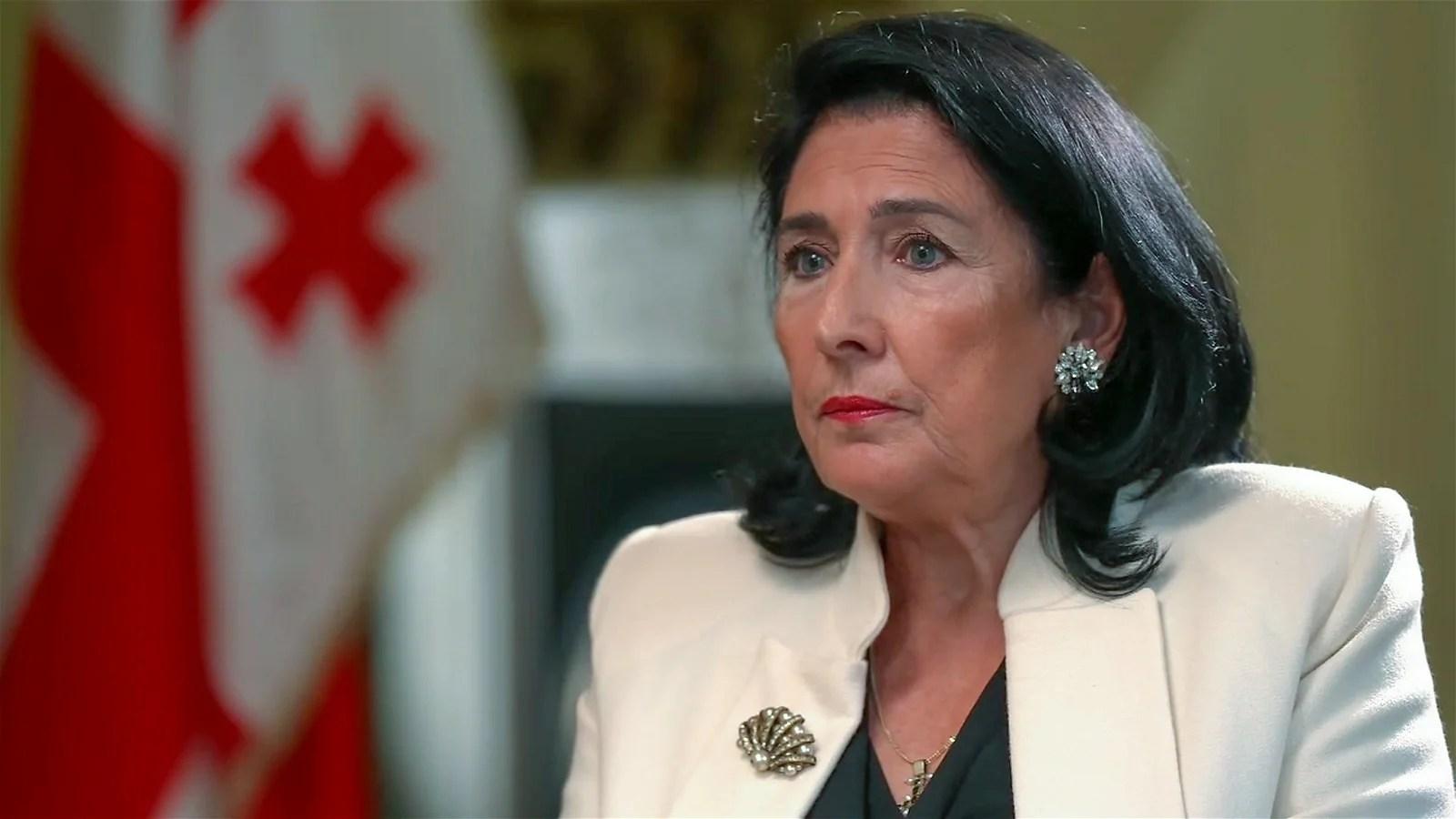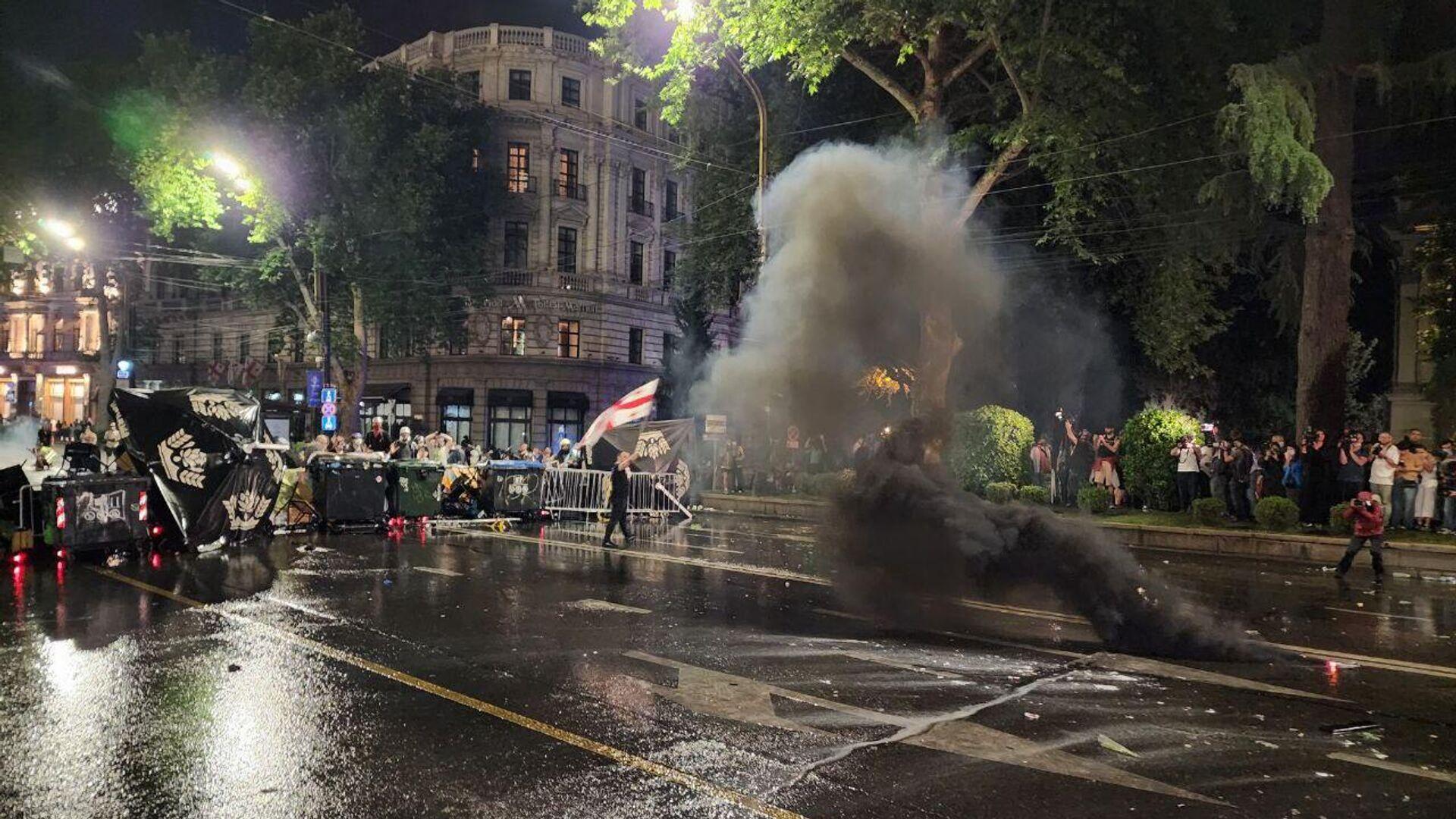Tensions escalate over Georgia’s law on foreign agents Political crisis deepens
Domestic political developments in Georgia in recent days have been marked by significant events, albeit ones that evoke serious concern. Despite widespread protests, the country's parliament proceeded to pass the law “On transparency of foreign influence" in the second reading. There is a palpable sense that the ruling Georgian Dream party remains resolute in its stance.
What lies ahead? How will events unfold? And to what extent do the contradictions between the Georgian Dream and the opposition run deep? Caliber.Az correspondent asked Georgian experts to respond to the questions.

According to Nika Chitadze, a political scientist and professor at the International Black Sea University of Georgia, as well as the Director of the Center for International Studies, the ruling Georgian Dream party, holding a majority in parliament, appears intent on enacting legislation regarding foreign agents. This move, Chitadze contends, is aimed at enabling the Georgian Dream to exert control over the civil sector, representatives of Georgian Non-Profit Organizations (NPOs), and public organizations.
“The authorities are primarily irked by the fact that NGOs frequently criticize them for corruption and other issues within state institutions. Most significantly, the government aims to exert control over Georgian society with the objective of securing victory in the elections scheduled for the fall of 2024. This includes efforts to restrict the activities of NGOs, particularly those acting as observers. Unsurprisingly, these actions have prompted widespread protests among the Georgian population.
Furthermore, it's evident that the Western democratic community is expressing considerable concern over this issue. The European Parliament's resolution condemning the actions of the ruling party serves as a clear indication that Georgia's path to the EU may be jeopardized if the vote in favor of this law proceeds.
"The sad reality is that the authorities are turning a deaf ear to statements from the EU and the US State Department. Meanwhile, the ruling party is actively utilizing administrative resources to orchestrate pro-government rallies, often coercing public sector employees to participate against their will. It's evident that the Georgian Dream party is determined to push through the law on foreign agents at any cost, which is bound to result in destabilization in Georgia, particularly during the upcoming parliamentary elections this fall. It's clear that the ruling party is anxious about losing power, as its approval ratings continue to decline, raising the likelihood of a coalition government forming after the elections," Chitadze said.

Furthermore, political scientist, Chairman of the Confederation of the Caucasian Peoples Zaal Kasrelishvili emphasized that Georgia is valued by the EU and NATO primarily in the context of geopolitical confrontation between the West and Russia.
"When on March 31, 1990, under the leadership of the National Liberation Movement's leaders, we conducted elections and a referendum, Georgia declared its independence, affirming its right to join any alliances, geopolitical structures, and organizations—whether NATO, the UN, or others—with a crucial strategy in mind: it matters not who, as long as these entities assist Georgia in preserving its sovereignty and developing as an independent state. However, Georgia's necessity to the EU and NATO stems primarily from the geopolitical confrontation between the West and Russia.
Conversely, Russia itself remains indecisive regarding its stance towards Georgia. A portion of our territory remains occupied, and Moscow struggles to establish dialogue with Tbilisi or define the nature of their relationship. Consequently, Georgia's current selection of partners and allies is exceedingly complex and uncertain, as each option carries its own drawbacks.

"I view the activation of Georgian President Salome Zourabichvili and her appeal to the protesters with a certain skepticism. Her calls to postpone all ongoing protests until the election period and to be active then are not entirely clear to me. Mrs. Zourabichvili‘s standing in society is extremely low, and she lacks popularity among the opposition ranks. It is unclear what she is counting on. It seems almost futile to regard her as a political figure with any chance of influencing the current crisis between the demonstrators, opposition on one side, and Georgian Dream on the other. As it stands, it appears to be a shot in the dark. This is my opinion, shared by like-minded individuals and our movement.
As far as the law on foreign agents is concerned, it seems to me that the emphasis here is misplaced; it could have been done more competently and in a completely different way. The point is not about "foreign agents" in Georgia - this is just a trigger of the crisis. NPOs can be financed by Western funds and agencies in a completely different way and under a different sauce. Do intelligence services of any country secretly financing their agents do it in the form of an open bank money transfer to someone's account? Everything should be transparent - we are also in favor of this. But then this principle should apply to everyone, not to any specific categories. Not only NPOs that are funded by the EU and the US, but also organizations that receive financial support from India, China, Russia, and other countries. This is what we are talking about," Kasrelishvili noted.
In his opinion, the State Department's warnings and the EU's statement on freezing and suspending Georgia's accession to the EU, if the law is adopted, will have an effect on the EU itself.
"The future of Georgia, the Caucasus is a conductor of energy carriers from East to West. So we are pinning our hopes on the new composition of the European Parliament, which will reconsider its stance on our country and will assess Georgia's importance for the West. So, I think that Georgian Dream has acted rashly in drafting and trying to approve its law. I think that such a sharp reaction of the West could have been prevented if the issue of its adoption had been resolved through a preliminary dialogue with the leading heads of Europe and the United States. But as it was, they were simply put before the fact.

In general, since 2012 our Confederation has been proposing to adopt a number of laws aimed at combating foreign influence and threats of state destabilization in Georgia, which would eliminate the need to adopt the law on foreign agents, because its essence would have been implicitly spelled out there. The absence of such mechanisms creates confusion and internal political crisis," the political scientist emphasized.
Also, according to Kasrelishvili, the current confrontation in Georgia should be regarded as a muscle play by the two opposing camps and an attempt to prove to their voters that they can be trusted.
"The very fact that the law was passed in the second reading, the persistent attempt of the Georgian Dream to drag it through the parliament and pass it by all means, in my opinion, has only galvanized the opposition. Although until recently it was fading away, it was essentially inactive. And now, as a result of the opposition, for example, such a stratum of young people, who had not been politicized at all before, has joined the protests. Nevertheless, I would like to note that the authorities in Georgia now have all possibilities to prevent unrest and failure of the state system - this should be taken into account by those who are planning to destabilize the situation," the pundit concluded.








